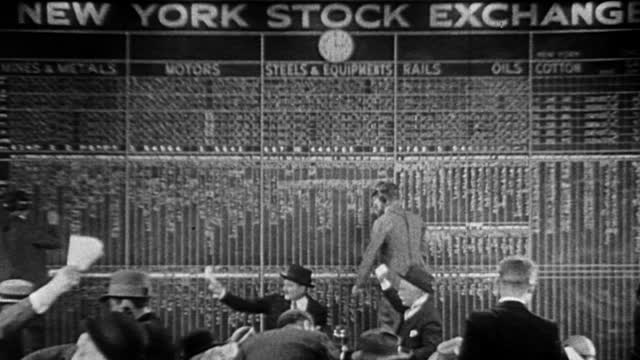In my spare time, I teach a introductory investing class here in Bend, Oregon at the local community college. It’s purpose is to help individual investors learn how to manage their own low-cost ETF portfolios.
On the first night of class, the first thing I do is ask everyone to introduce themselves and then tell us what they believe is a reasonable expectation in terms of annual returns from owning stocks over the coming decade. Invariably, the average falls around 8%.
That probably seems reasonable to them because that’s roughly the long-term average return for the asset class. However, what matters most to your personal experience is not what stocks have done in the past, it’s your starting valuation. As Warren Buffett famously said, “The price you pay determines your rate of return.”
Today, valuations suggest that investors expecting 8% per year will be very sorely disappointed. And if they truly believe 8% is a fair rate of return they should only be willing to buy the S&P 500 at about 40% below its current level.
In other words, investors should hope that stocks crash, giving them the opportunity to pay a price that will deliver that desired return. Because today they apparently offer all risk for no reward.
Definition of "fair value" requires the level of return one considers "fair." If zero is fair, current SPX is also. pic.twitter.com/FmqVAv8nC3
— John P. Hussman (@hussmanjp) May 24, 2016
